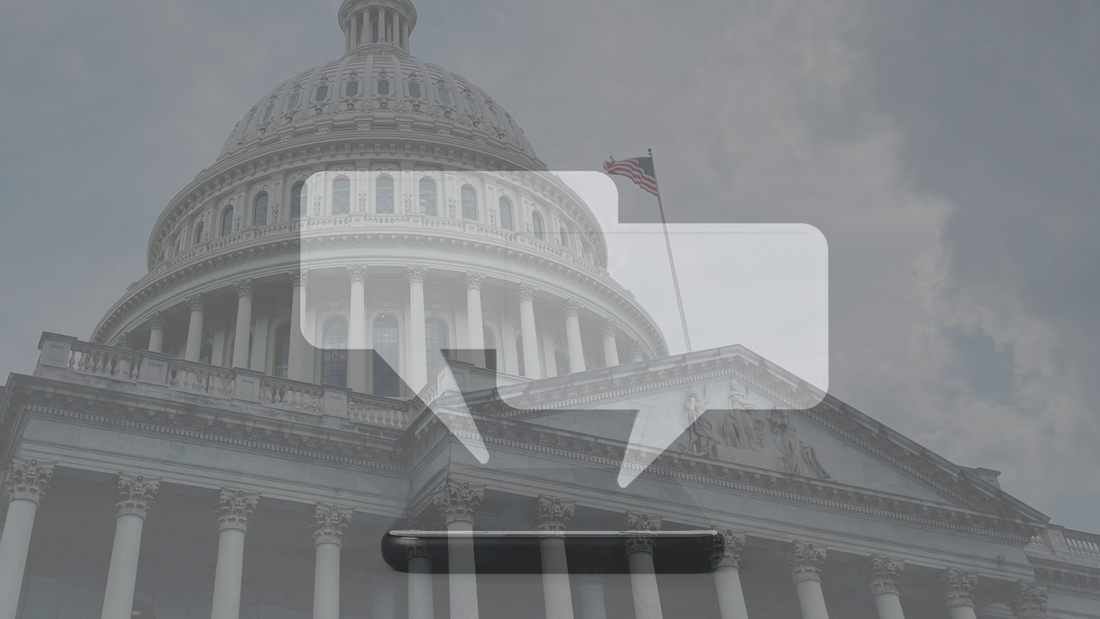|
A New York Times op-ed by two U.S. senators offers a bipartisan counter to the power of Big Tech – eliminate the legal liability protections that have been the cornerstone of the internet since 1996, while imposing “an independent, bipartisan regulator charged with licensing and policing the nation’s biggest tech companies.”
The ability to license and police is, of course, the ability to control some of America’s largest social media platforms. If enacted, this measure proposed by Sens. Elizabeth Warren (D-MA) and Lindsey Graham (R-SC) would strip away the ability of minority opinion and contentious views from being heard, while subjecting speech to official, top-down policing by a regulator. The op-ed doesn’t name Section 230, the law that protects platforms that host third-party speech from legal liability. We respect the earnest desire of these two senators to improve the state of online speech, but replacing Section 230 with the vague mandate of a regulator could be profoundly dangerous for the First Amendment’s guarantee of free speech, the lifeblood of democracy. Section 230 restricts the legal liability for illegal acts to the speaker, not the website. It holds those who break the law online accountable for their actions, while holding platforms accountable for preventing serious federal crimes, like posting child abuse sex material. It empowers minorities of all sorts, allowing controversial or unpopular opinions to have their day. Without Section 230, the internet would devolve into a highly sanitized, curated space where any controversial statement or contentious argument would be red penciled. The elimination of Section 230 would take away the vibrant clash of opinions and replace it with endless cat videos and perhaps the regulator’s officially sanctioned views. Many believe, and we agree, that Section 230 needs reform. The bipartisan PACT Act would require platforms to give speakers a way to protest having posts removed, while respecting the First Amendment rights of both companies and speakers, with less risk of government heavy-handedness and censorship. Comments are closed.
|
Archives
June 2024
Categories
All
|
ABOUT |
ISSUES |
TAKE ACTION |



 RSS Feed
RSS Feed